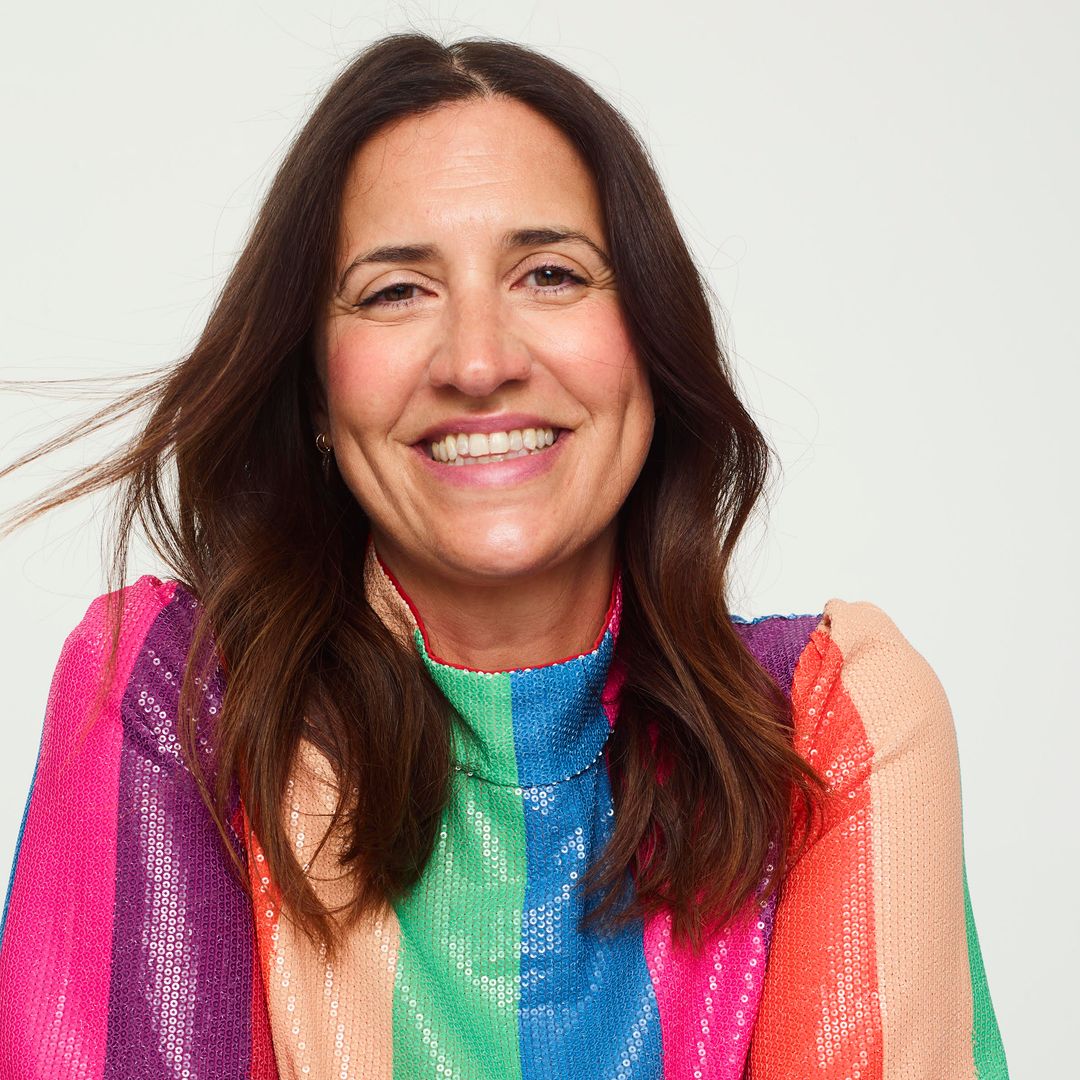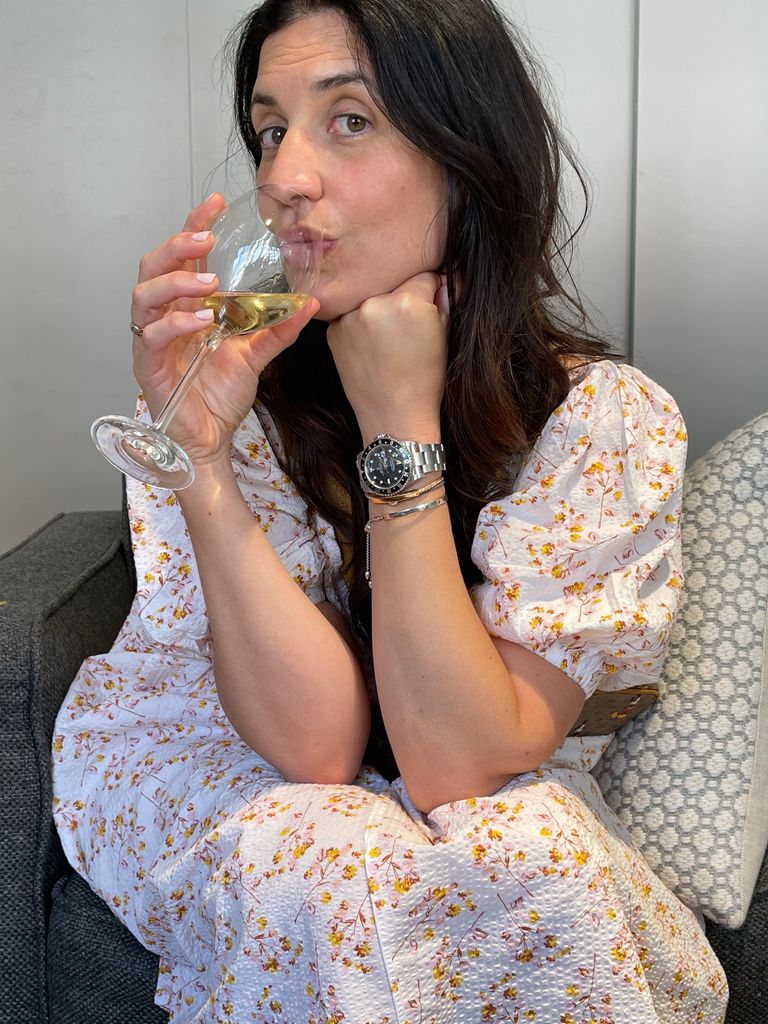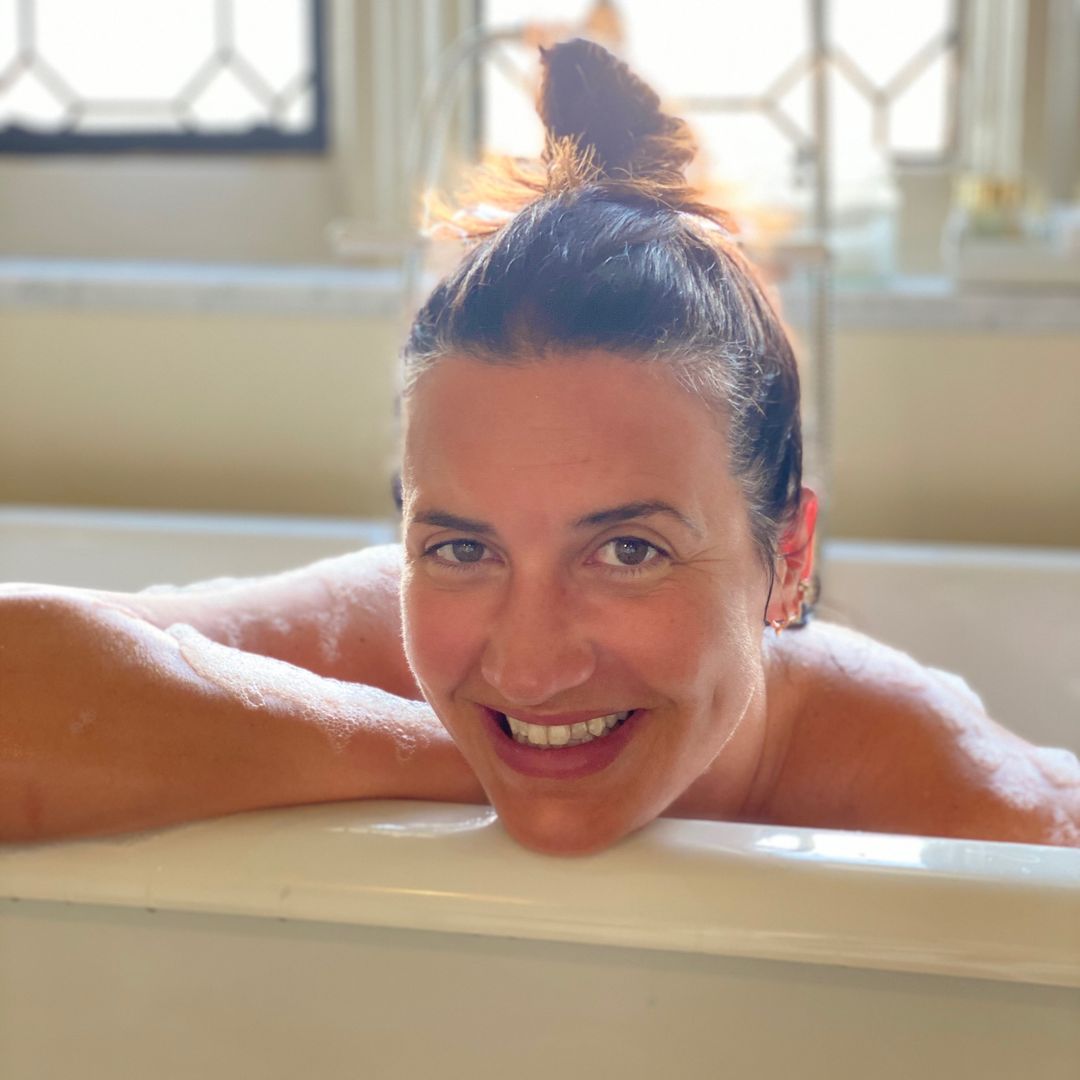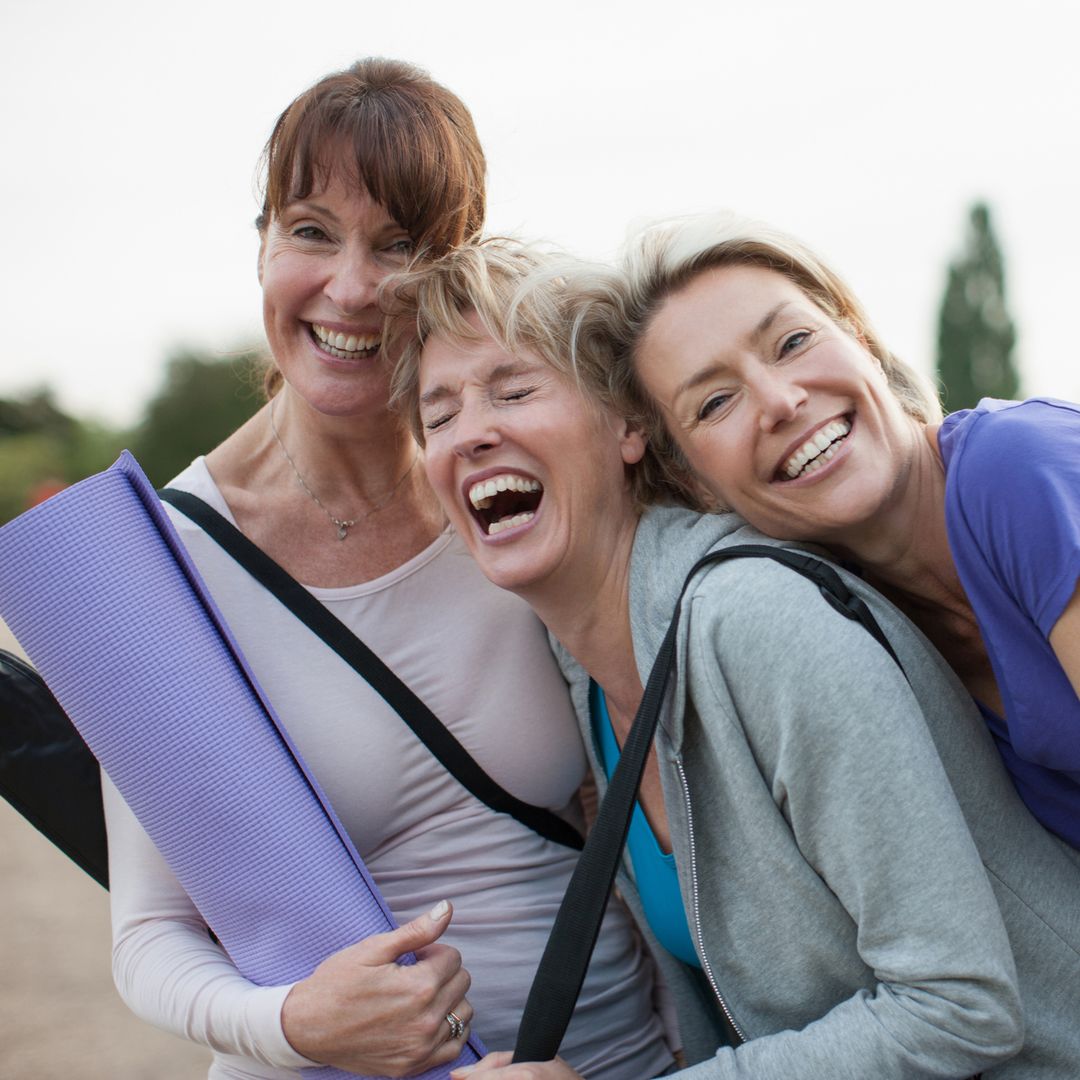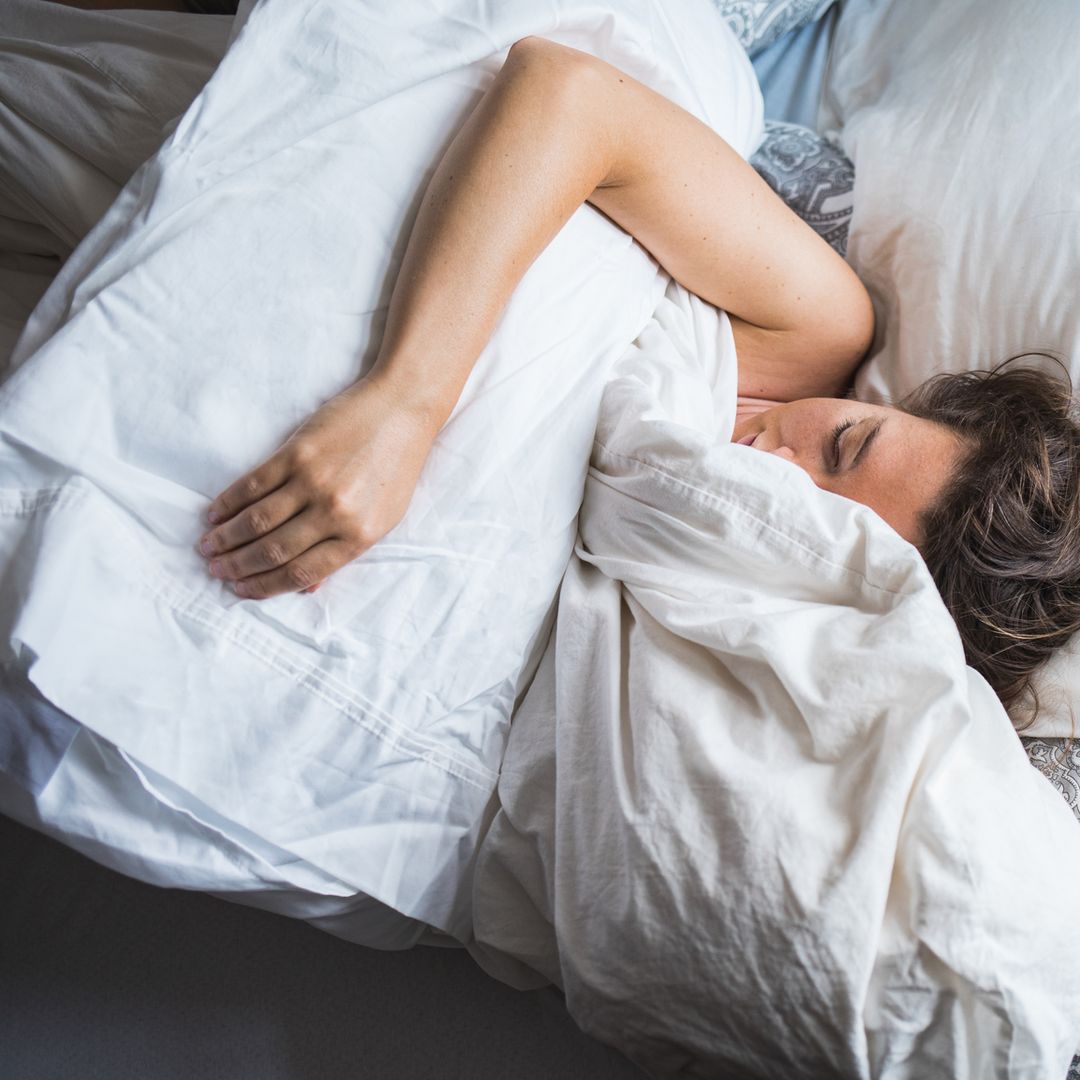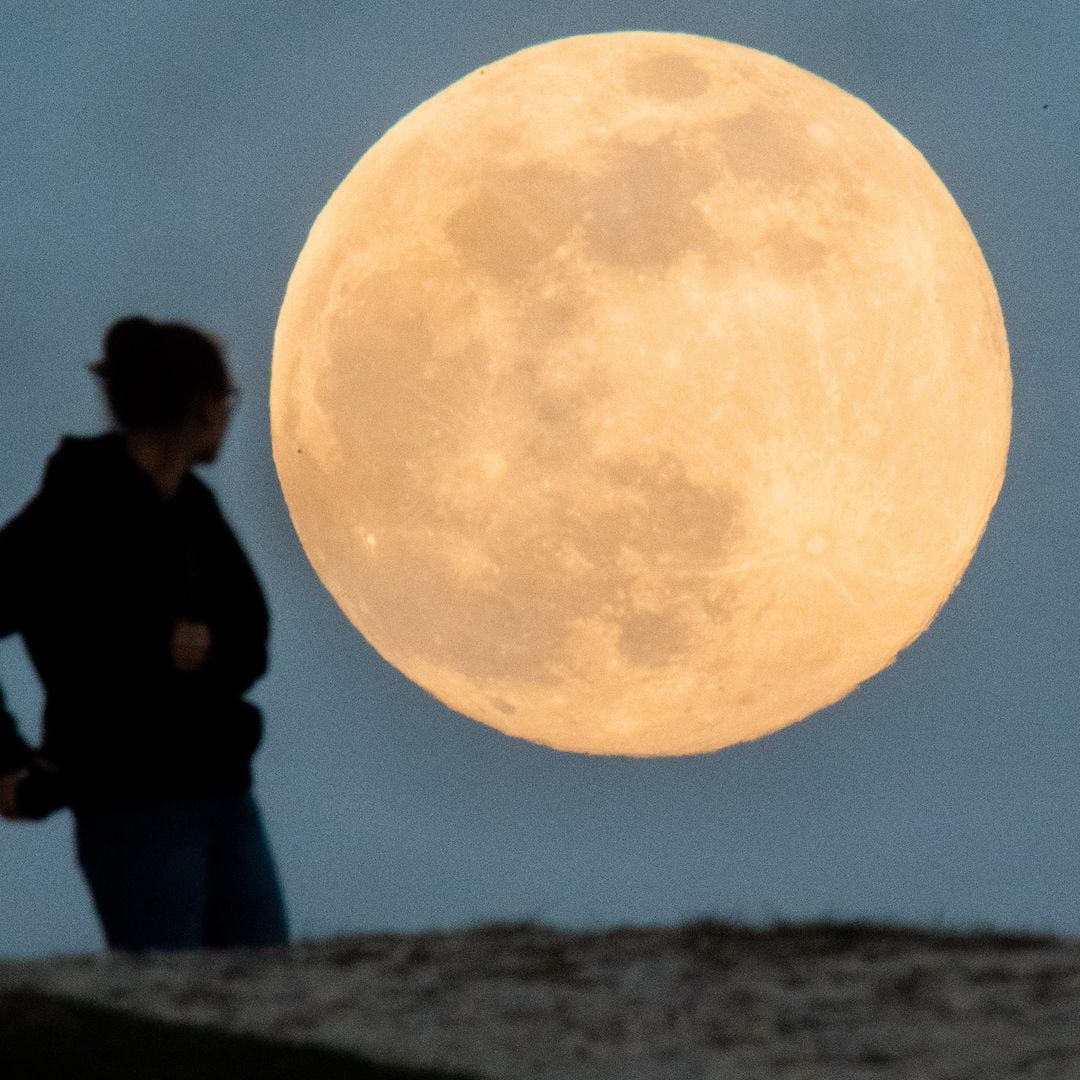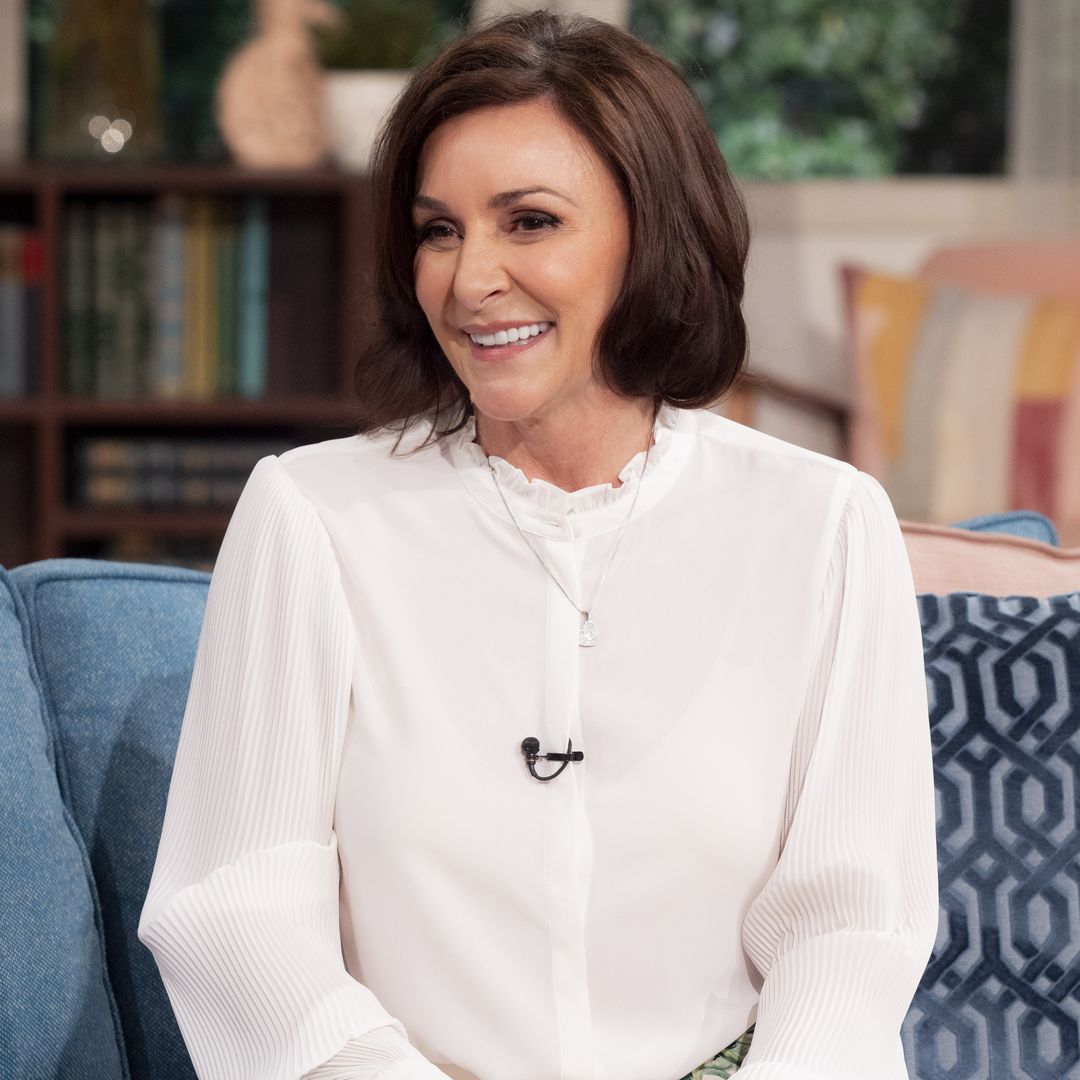Navigating perimenopause and menopause is different for every woman. Chats with my friends conclude that. Some suffer from night sweats, some don’t. Some developed acne overnight, some have found that skin pigmentation is an issue. One of us has experienced a frozen shoulder (ahem, that’ll be me), while lots have experienced heart palpitations.
However, there is one menopausal symptom that me and my friends definitely agree on, and it’s one that we all have in common: we just can’t drink like we used to!
Hangovers last longer. Hangxiety is off the charts. Brain fog intensifies. ‘Just the one’ becomes one glass too many. One of us (ahem, that’ll be me again) confessed that they have even suffered a blackout after just two, yes two margaritas…
I started to notice the detrimental effects that alcohol began having on my body and my mind in the past couple of years. It doesn’t matter if I have a couple of glasses of red with dinner, or a few cocktails with friends, I feel really really awful the next day. And it’s not that I just feel rough physically, I feel it emotionally too. I wake up feeling like the world is on my shoulders. I am paranoid. I can’t focus. Tasks that I’d get through in a hot minute on a non-hangover day, take me ten times longer. I have a ‘doom and gloom’ mindset that drains my normally ‘glass half full’ spirit dry. It really is depressing. I just can’t seem to take alcohol like I used to.
According to the experts, it’s no coincidence that my alcohol ‘allergy’ has coincided during the same 2 years that I’ve been in full blown menopause. “Your tolerance to alcohol changes during menopause, and in fact with any hormone shift,” explains Dr Taz MD, nutritionist, wellness expert and best-selling author of The Hormone Shift: Balance Your Body and Thrive Through Midlife and Menopause. “Your liver gets more sluggish, and so it's not able to metabolize or detox as efficiently.”
“And then you have the depletion of estrogen and progesterone, which triggers a change in the gut microbiome. And so when the hormones start to go down, the gut slows down too. Plus we have an overgrowth of candida, which is a yeast that raises blood sugar levels, so when you have an alcoholic drink which is normally high in sugar, your blood sugar then spikes, so you go from feeling okay to being super low and then super sluggish afterwards.”
It’s not a coincidence that my hot flashes crept up more often during evenings that I drank too. “Many women report vasomotor symptoms of hot flashes during menopause and night sweats,” explains world renowned mental health expert and board certified psychiatrist Dr Judith Joseph MD MBA. “Studies have shown that alcohol consumption worsens both symptoms. Alcohol also initially helps symptoms of anxiety but in the long run worsens anxiety and alcohol has depressant effects. Many women feel so overwhelmed that drinking is a seemingly easy fix to their current dysregulation.”
My inner voice (that has become so loud during menopause) was telling me that my relationship with alcohol had to change. That glass of wine while prepping dinner was a habit that I needed to break. The Saturday night cocktails with friends had to be cut down. One or two? Yes. Four or five? Forget it! And so after speaking to my husband (who reluctantly admitted to me that he was 'a bit over’ me getting so sloshed so quickly, and also was ‘a bit sick of’ my post-alcohol mood swings), I decided to do Dry January.
I also felt that I had to try Dry January for my kids. While certainly not an alcoholic, I felt that I was definitely using drink as an emotional support and a way to escape daily stress, and this was something that they had begun to notice. “Are you not driving tonight mum?” was a roundabout way of them asking if I was planning to have a drink instead. And I heard them saying “Mummy is hungover!” one too many times too. The guilt had set in. The anxiety was worse. I had to do something.
I have tried Dry January before, but the difference this year was that I wasn't starting it under any duress. This time, I was looking forward to seeing how my mood and energy levels would change. How it would positively affect my family and work life. I approached it with the knowledge that alcohol and menopause really don’t mix well - and being armed with that, made the prospect easier to face and it made me more determined to do it.
It was apparent in the first few days of being alcohol-free that it was going to be a game-changer for my mood and health - mentally and physically. I was waking up with a spring in my step. My skin was glowing. I began working out more. I was making healthier food choices. Sleep was way better. My focus was pin sharp. My family life was better. My work was reaping the rewards from my hungover-free brain.
And after a couple of weeks into Dry January, my mindset towards drinking began to shift. I was witnessing first-hand that being alcohol free was making my life so much easier. So much more joyous and rewarding. I was more productive. More present. Happier!
Alcohol-free me was thriving. And in the whole month of January I achieved more things than I could have done if I’d been stuck in a margarita-fuelled rut. I launched a podcast. I got a personal best on the running machine and the treadmill at the gym. I was spending more quality time with my boys. I was eating healthier. And I started caring for myself more. I realised that alcohol had really become a barrier for me to thrive. Before I saw it as something that I thought was helping me, but it wasn't.
I’ll admit, I annoyingly did break my sobriety before the end of Jan. Me and my family had been invited to a friend's apartment for lunch and I went with no intention to drink. I even took a bottle of alcohol-free fizz with me (Noughty Sparkly Rose - literally my fav AF drink). But when we arrived, the host presented us with a premixed Aperol Spritz punch which looked delicious. I drank it so slowly and I did enjoy it. But I followed with a few glasses of water (something I would have never done before) so I hardly felt the effects.
So what now? I’m into the first week of Feb and I’m definitely drinking less. Last week, I went out for dinner with friends, and chose a mocktail to start the evening off. Yes, I proceeded to have a glass of red with dinner, but it was just the one, and while I enjoyed it, I didn’t want another because I knew how bad it would make me feel the next day.
Dry January has definitely helped me to reset my attitude towards drinking and I really believe menopause has driven me to get there.

